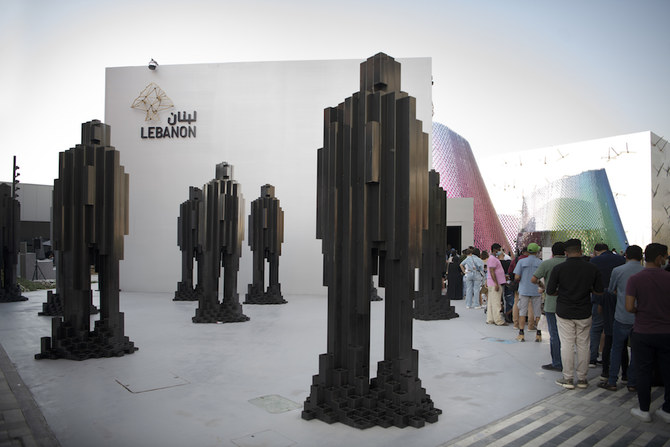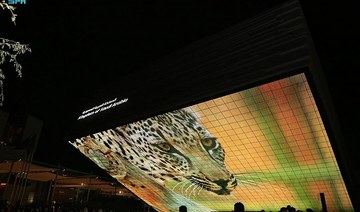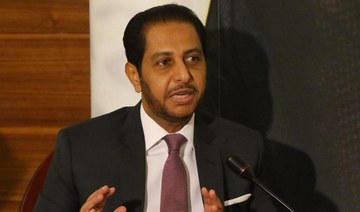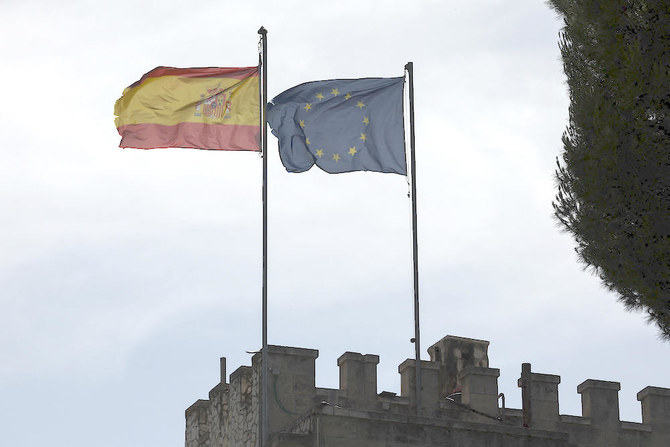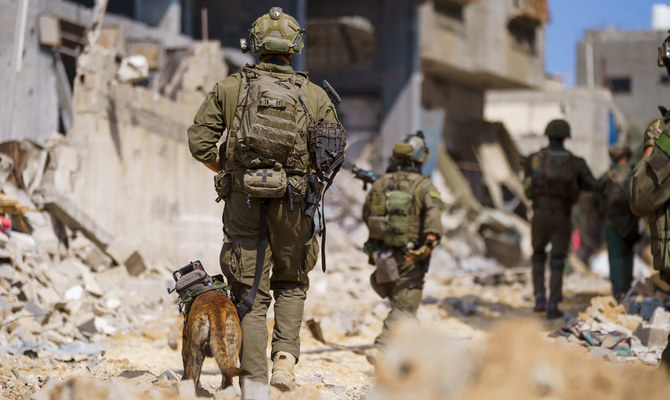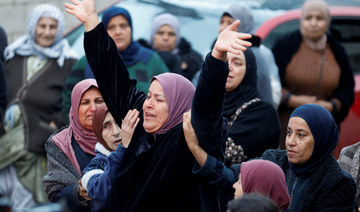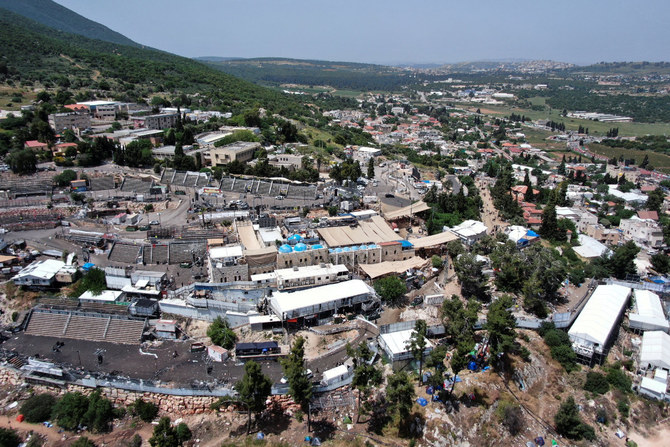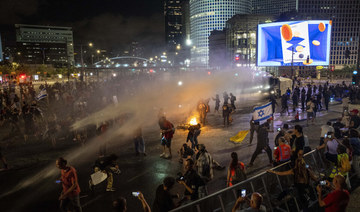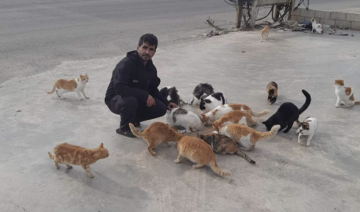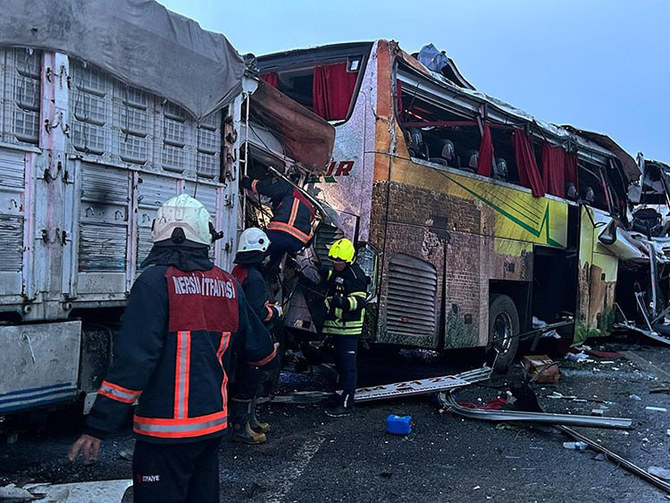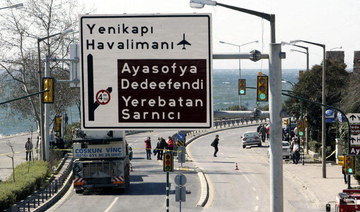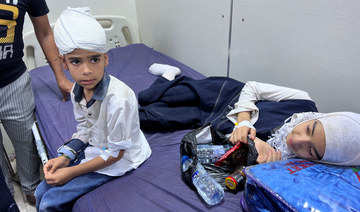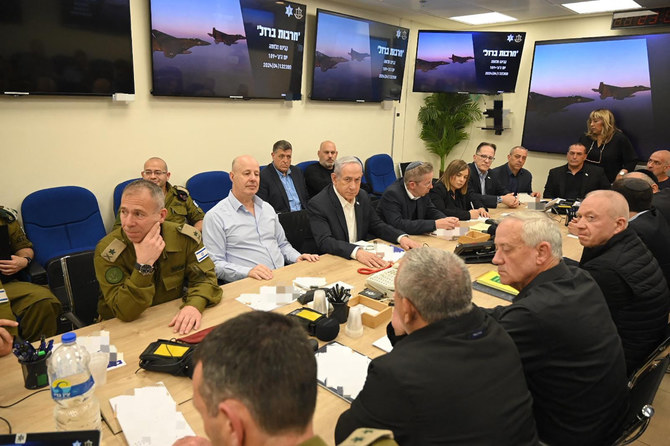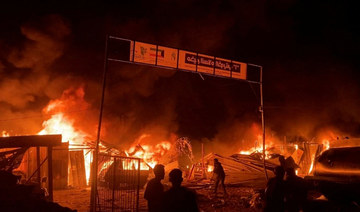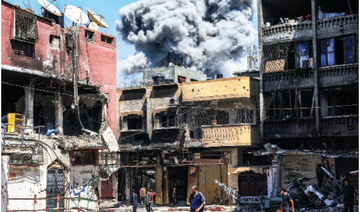DUBAI: When the UAE set to work planning Expo 2020 Dubai, organizers had one important goal in mind — to ensure every country was represented, no matter its size, wealth or present social and political condition. It was this commitment that allowed crisis-hit Lebanon to take part.
It was not until May 2021, following the 2018 decision of the Lebanese Council of Ministers to approve Lebanon’s participation in Expo 2020 Dubai, that the Lebanese Ministry of Economy and Trade signed an agreement with the Federation of the Lebanese Chambers of Commerce, Industry and Agriculture for the management and operation of the Lebanese expo pavilion.
The tardiness was in part the result of multiple overlapping crises. Beyond its political and financial woes, the country has also been hit hard by the global pandemic. These challenges were further compounded by the Beirut port blast of Aug. 4, 2020, which killed hundreds and left widespread destruction in the country’s capital.
A recent country report by Arab Barometer, which surveyed around 3,000 Lebanese citizens, summarized the situation in bleak terms. “Lebanese are deeply worried about their country’s future, and have abysmal ratings of their domestic conditions and the government’s performance,” it said.
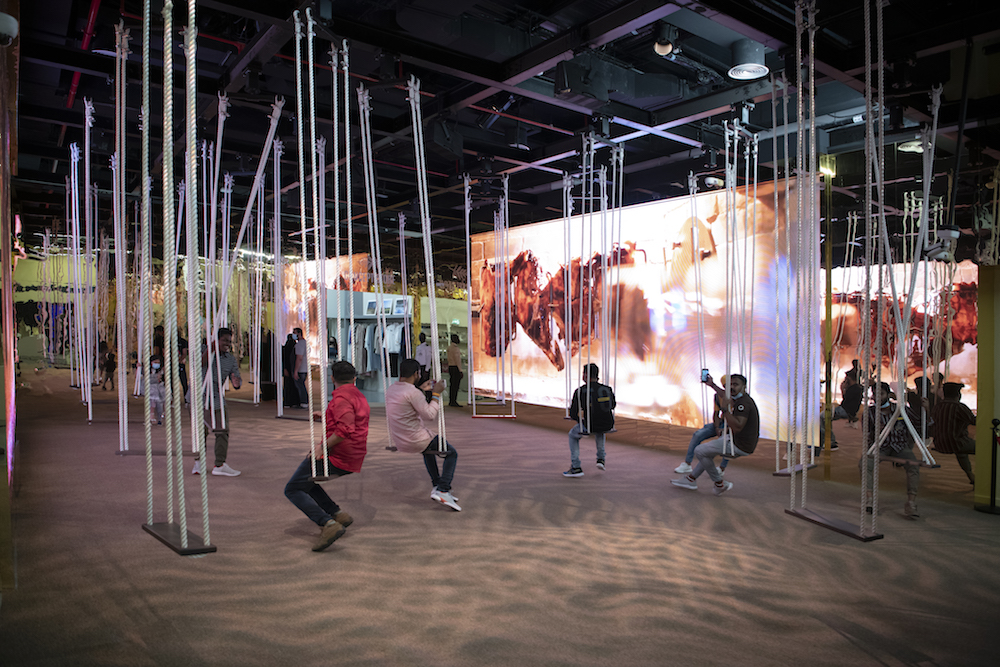
An art gallery within the pavilion seeks to showcase the creative Lebanese art scene. (Supplied)
“Despite ongoing challenges from COVID, which has hit Lebanon hard, economic concerns are the dominant worry of most in the country. Lebanese are the most pessimistic about their country’s economic future of any country surveyed in Arab Barometer’s sixth wave.”
Participation in Expo 2020 Dubai is nevertheless viewed by many in Lebanon’s business community as an opportunity to attract investments to a country beset by economic problems and faced with regional isolation.
When Lebanon agreed to take part in the expo, the Lebanese Chamber of Commerce, Industry and Agriculture said: “Lebanon’s participation in Expo 2020 Dubai constitutes a real challenge and an unmissable opportunity for the Lebanese business community to network and expand its international outreach.”
It is against this backdrop that the Lebanon pavilion should be viewed — and even celebrated — since its very existence seems like a testament to the strength and resilience of the Lebanese people themselves.
Given the financial and logistical support provided to pavilion planners by the UAE to allow them to take part, it is also a small monument to solidarity and inclusivity — core values of World Expo.
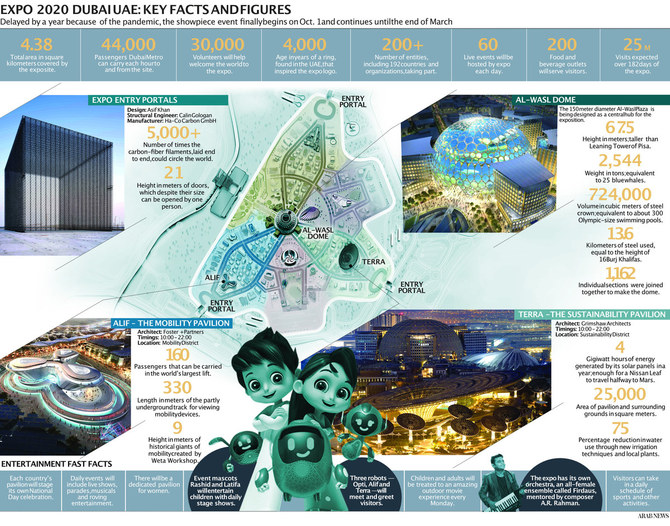
The Lebanon pavilion at Expo 2020 Dubai is located in the Opportunity District. The structure is an austere and relatively unadorned white box, standing in marked contrast with some of the more lavish Arab pavilions dotted across the site. The interiors are also simple, with a minimalist, modern aesthetic.
Dubai is host to a large Lebanese diaspora, who supported the development and building of the pavilion. Many more are keen to join them. About half of Lebanese citizens are trying to leave their homeland for better opportunities abroad, according to the Arab Barometer.
The theme of the Lebanese pavilion is “Together We Walk” — an invitation for the world to join the collective journey of the Lebanese people, tied in with the spirit of Expo 2020’s master narrative, “connecting minds, creating the future.”
The pavilion places a particular emphasis on the principles of synergy, solidarity and the cultural meetings and connections that create change and opportunity. It celebrates Lebanon’s human capital, its vibrant and flourishing art scene, and cultural diversity.
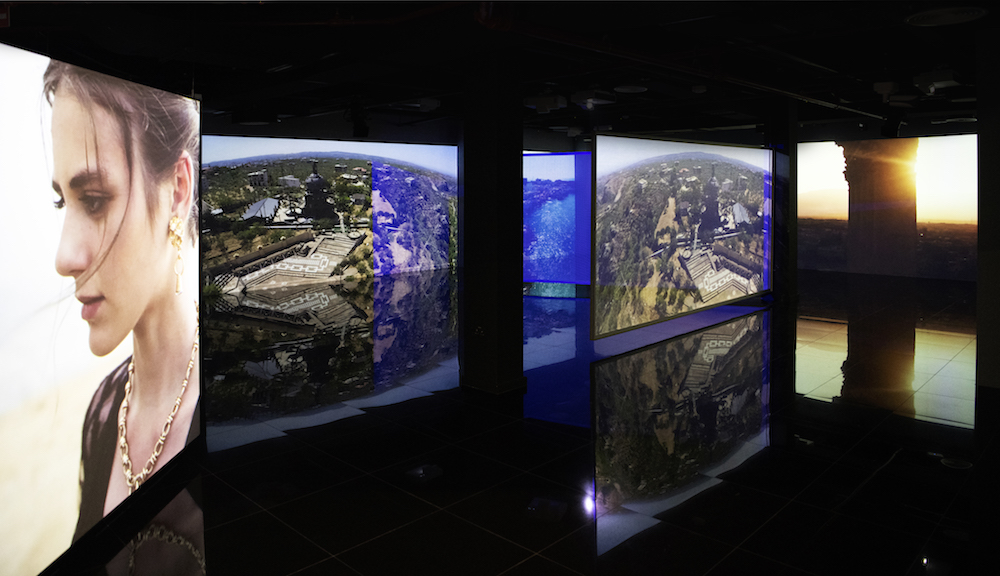
Participation in Expo 2020 is viewed by Lebanon’s business community as a means of attracting the attention of investors. (Supplied)
Young Lebanese artists, working across a variety of mediums, are displayed in the pavilion’s gallery. Its content rotates on a monthly or bi-monthly basis, with differing themes in each rotation.
Lebanese ceramic arts, in particular, are a medium that has blossomed in the last decade. A new generation of artists has emerged from the country’s long-established history of pottery-making.
The emphasis on the younger generation is well captured by the interactive displays featured on the ground floor. In one such display, L’Organization internationale de la Francophonie, a global body supporting cooperation between nations with large French-speaking communities, invites users to record a short phrase in French that will potentially be used in a custom song to be mixed by a prominent DJ.
Perhaps the most novel and enjoyable exhibit in the pavilion is an interactive space filled with swings. Since they are normally found in playgrounds, their inclusion in the pavilion is another reference to Lebanon’s desire to highlight the ambitions of its young people. But more than that, swings are representative of motion, excitement, flexibility and possibility.
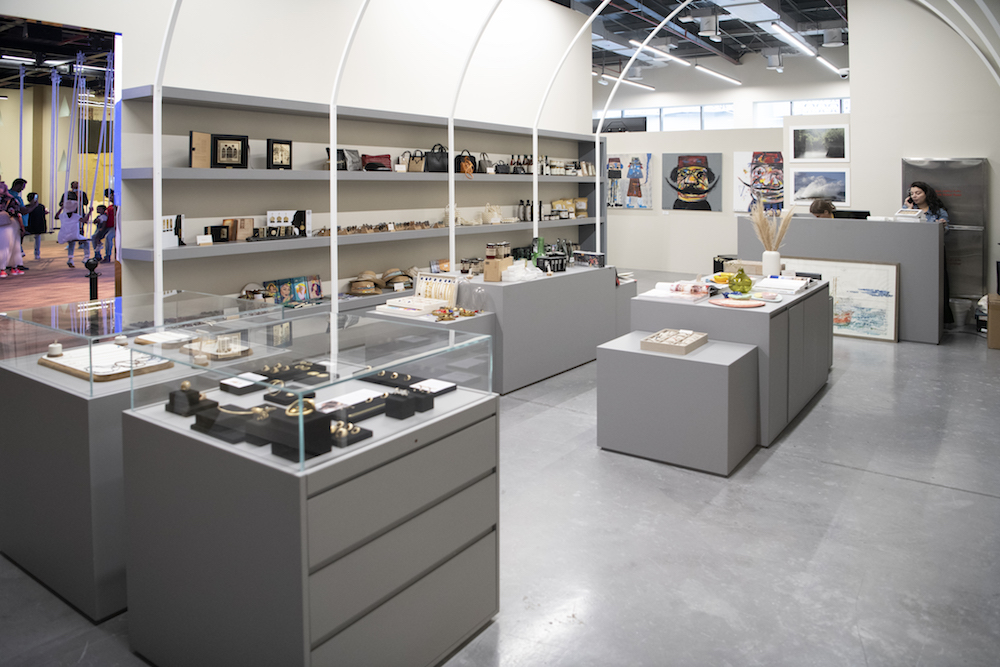
A concept store displays artisanal products, souvenirs and ready-to-wear clothes created by Lebanese designers. (Supplied)
Visitors then move on to the concept store, which contains a selection of bold and unique Lebanese products available to buy. The collection has been curated with an emphasis on reviving traditions, empowering youth, women and local craftsmanship, all with a focus on sustainability.
One export Lebanon is famous for is derived from its grapes. The expo pavilion features a bar with more than 19 internationally renowned brands on offer. Tastings and introductions to oenology — the science and study of the topic — are hosted by prominent Lebanese sommeliers and are hugely popular, often with standing room only.
The restaurant serves Lebanese specialties and celebrates culinary traditions, rural heritage and the natural environment. It is based on fresh products and encourages organic, eco-friendly practices.
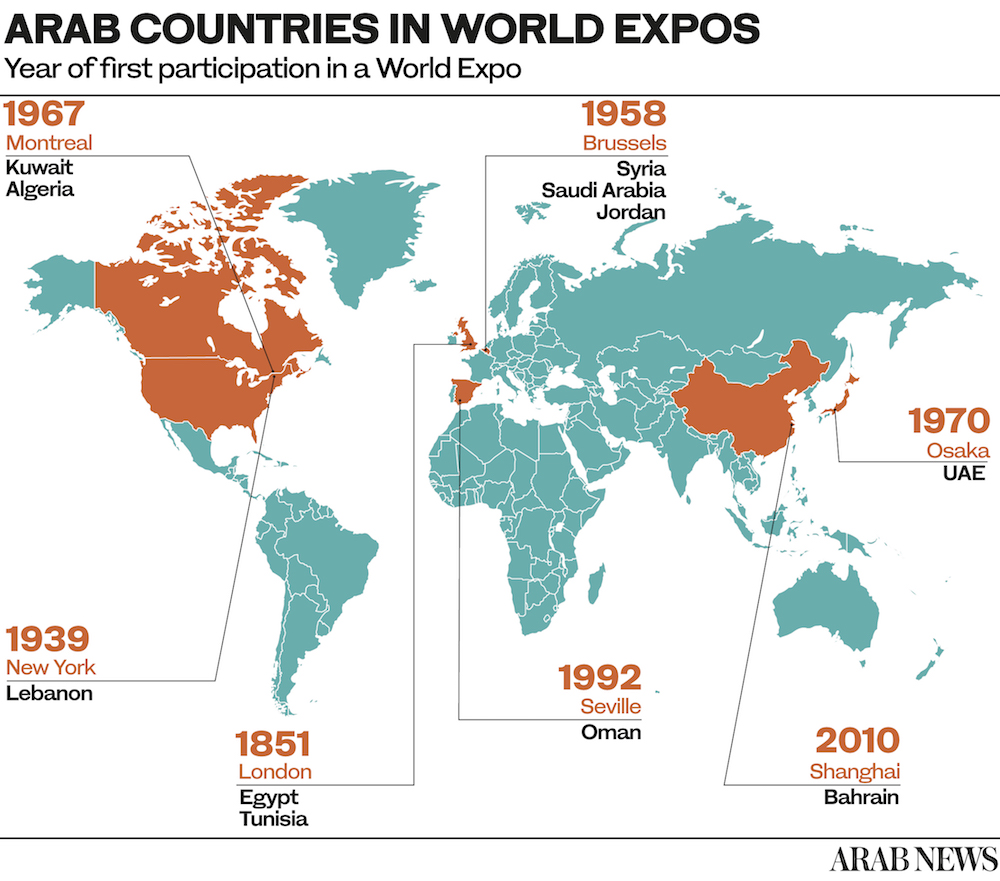
Once visitors have eaten, they can step outside to the pavilion’s open air space, which is almost as large as the pavilion itself and offers a quiet secret oasis for weary expo-goers. The space is equipped with tables, chairs and soft cushions as well as a stage and bleachers where evening performances, music, talks and workshops are held.
Sitting in this outdoor space, reflecting on the perennial hope and pluralism on display in the pavilion, one can admire the fact that Lebanon has risen to the challenge of participating in such a competitive international event.
As one poetic display within the pavilion muses: “From the deepest wounds, we cried ourselves out of despair. We gave the world a leap of faith. Overlooking the sea, we let go. And now, we see.”
Lebanon’s participation in Expo 2020 is a demonstration of this leap of faith. The pavilion is a small but important example of the Lebanese people’s famed resilience.



